
Acts 10:29-43 Bible Teaching
Peter's vision shows no human is unclean, emphasizing Jesus' universal cleansing. Belief is key for salvation. God shows no partiality, accepting the righteous.

Peter's vision shows no human is unclean, emphasizing Jesus' universal cleansing. Belief is key for salvation. God shows no partiality, accepting the righteous.

2 John and 3 John, once debated for brevity and personal tone, were canonized due to early church support. They warn against heresies, emphasize love, truth, and caution against aiding deceivers.

Shawn's teaching on Acts 10:13-28 highlights Peter's vision challenging Jewish dietary laws, emphasizing the Spirit over the Law, inclusivity, and universal love.

Acts 10 highlights the Gospel's inclusivity, breaking Jewish-Gentile barriers. Cornelius, a devout Gentile, exemplifies sincere faith. Shawn stresses discreet prayer and giving.
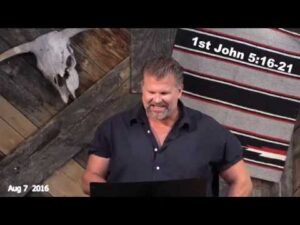
John and Shawn discuss sin, distinguishing between non-deadly sins, which can be prayed for, and "sin unto death," linked to denying faith in Christ. They emphasize prayer, understanding through Jesus, and guarding against idolatry. Shawn highlights the divine order in resurrection and the importance of acknowledging Jesus' divine nature.

Shawn's teaching highlights the Bible's spiritual value despite textual flaws, critiques inerrancy, emphasizes ongoing faith, and underscores prayer aligned with God's will.

Shawn's teaching highlights Saul's transformation to Paul, his challenges post-conversion, Barnabas' support, Peter's miracles, and the spread of Christianity despite opposition.

John's teaching highlights faith as key to overcoming worldly desires, emphasizing Jesus' example of humility and service. Faith in Jesus is essential, contrasting with other spiritual paths.

Shawn contrasts Saul's transformation and Ananias's hesitation, emphasizing commitment to Christ, God's non-discriminatory love, and individual roles in His plan. Saul's conversion highlights sincerity, spiritual transformation, and effective preaching, showcasing faith's transformative power.

Saul's conversion to Paul highlights humility, faith, and transformation after encountering Jesus. His journey emphasizes seeking God's will, walking by faith, and divine guidance.

The teaching explores love in 1 John 4:19, emphasizing love as a response to God's initial love. It discusses love's evolution from gratitude to unconditional, reflecting divine love. True agape love for God and others is central, manifesting in keeping commandments and loving others. Jesus as the Anointed One signifies salvation, and true belief results in love akin to family. Loving God involves manageable commandments, leading to liberation and joy. Selflessness leads to peace, contrasting with chaos from sinful desires. True freedom is in serving God, not worldly pleasures.
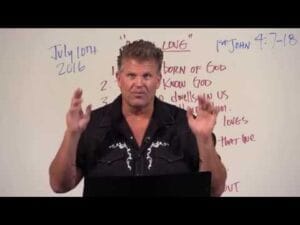
The teaching emphasizes agape love from God, shown through Jesus, urging believers to love others, expelling fear, and reflecting God's presence, challenging exclusivity of divine love.

The Transition in the Early Apostolic Church WelcomePrayerMusicSilenceActs 9.1-5July 10th 2016Milk Okay, we are now stepping into a very significant transition not only in the early apostolic church, not only in the Book of Acts, but in relation to Christianity…
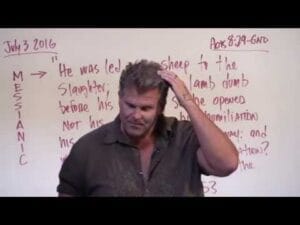
Philip, led by the Spirit, guides an Ethiopian eunuch reading Isaiah, leading to his baptism. This highlights divine guidance, spiritual responsiveness, and the Gospel's spread.
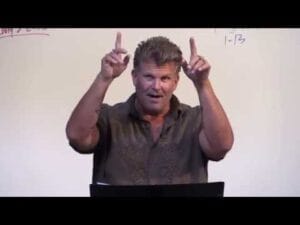
Shawn's teaching stresses discerning God's truth, testing spirits, recognizing Jesus' incarnation, and agape love as proof of God's presence, countering false teachings.
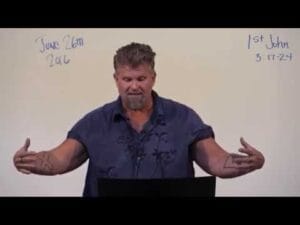
John: Love through Christ's sacrifice, emulate in deeds. Shawn: Love in actions, faith with deeds. True Christianity: Active faith, love-in-action. Faith leads to love.
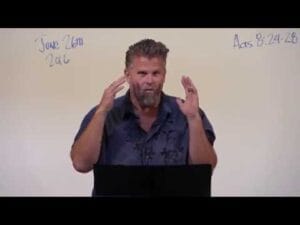
Peter warns against bitterness and sin, likening them to poison and chains. Shawn emphasizes overcoming fear and idolatry through spiritual warfare and God's guidance.
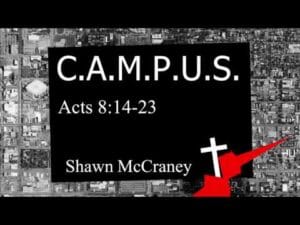
Simon's story in Acts 8 questions "once saved always saved," showing belief and baptism aren't enough if faith falters. Apostles gave Holy Spirit gifts, not bought, for early church growth.
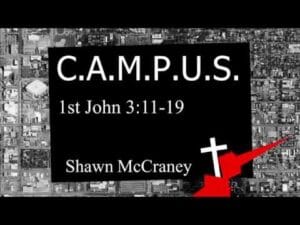
Shawn's teaching on 1 John 3:11-19 highlights love in action as key to being God's child, contrasting envy with Christian love, and emphasizing selflessness and faith.
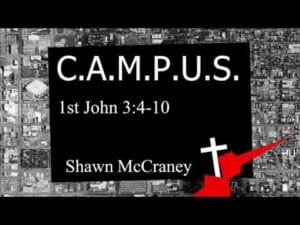
Sin is law transgression; Jesus fulfilled the law, freeing believers from sin. Faith in Christ, not law adherence, grants righteousness. God's children embody love, not sin.